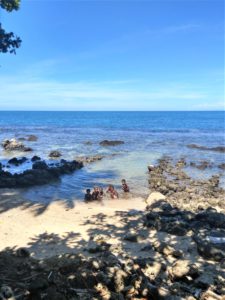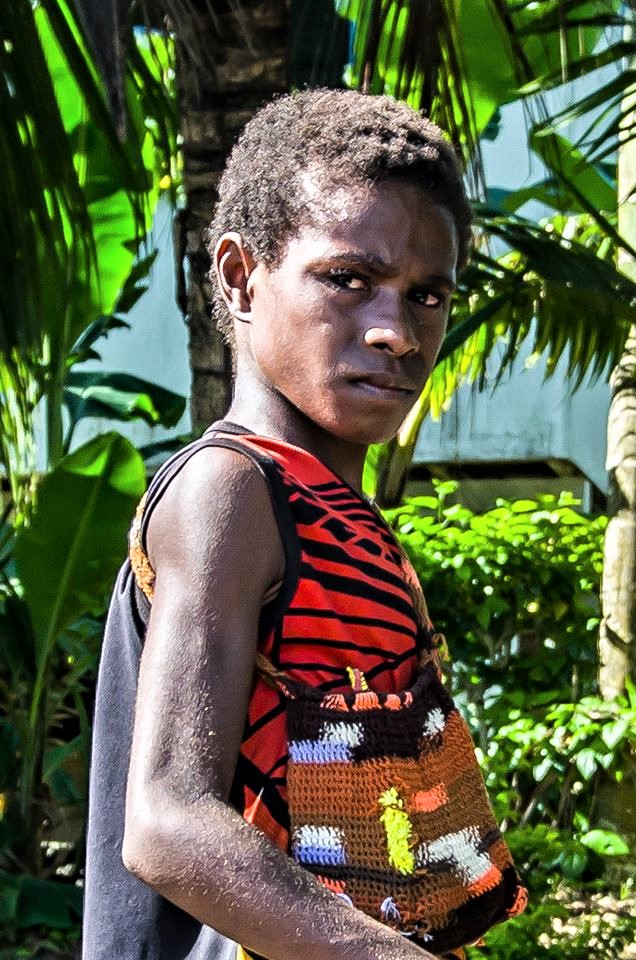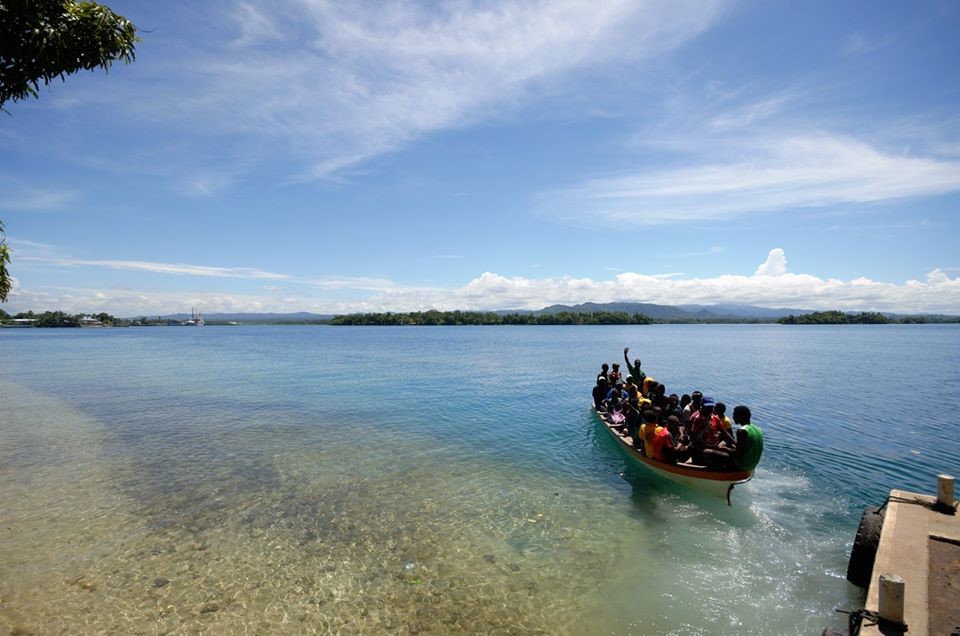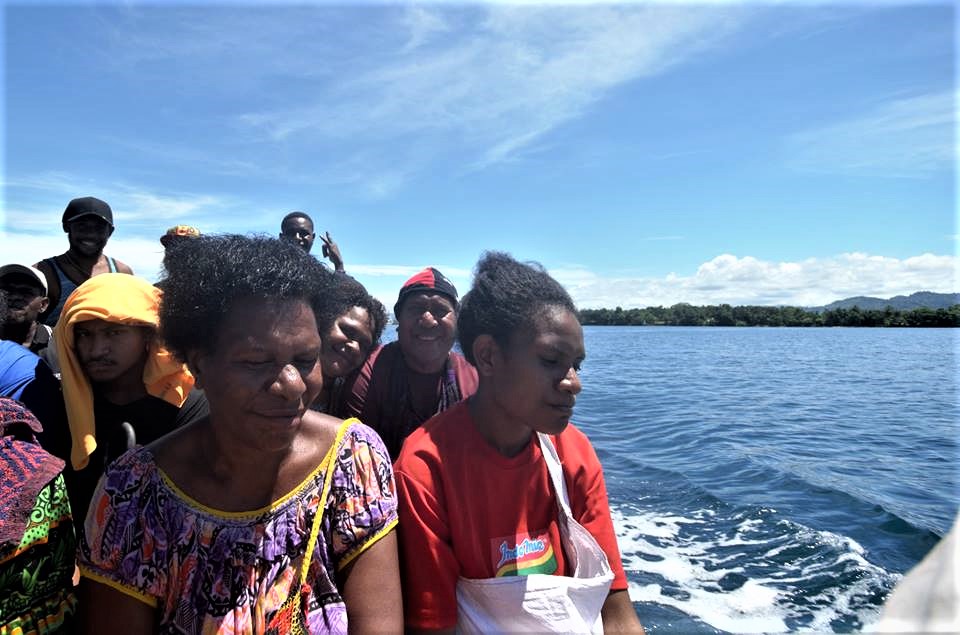In a world driven by globalisation, new horizons beckon, and we’re thrilled to introduce our latest translation services: Tok Pisin and Hiri Motu. These dynamic languages offer a gateway to fresh opportunities, especially in light of the UK’s post-Brexit deal with the Pacific Islands of Fiji and Papua New Guinea.

This groundbreaking agreement promises the removal of tariffs on UK imports and a gradual easing of tariffs on British exports to the Pacific Islands. Papua New Guinea, in particular, stands as a treasure trove of commodity exports, from rich wood to oil and gas. Recent political shifts are ushering in fairer economic prospects for the Islanders, sparking a wave of optimism.
Yet, the true magic lies in Papua New Guinea’s linguistic diversity. With around 800 languages spoken, it’s the world’s linguistic kaleidoscope. The only drawback? The language barrier that has hindered widespread commerce.

English-speaking individuals in Papua New Guinea commonly refer to their language as ‘Pidgin’ or ‘Pidgin English.’ But to those well-versed in Tok Pisin, it’s known by its proper name. The most prominent languages in this unique linguistic tapestry are English, Hiri Motu, and Tok Pisin.
Here’s the kicker: these languages are highly specialised, making finding translation services a challenge. Hiri Motu, a simplified version of the Motuan language, thrives along the southern coast. It may not be as prevalent as Tok Pisin and English, but it holds a significant place in the Central and Gulf Provinces.
Now, enter Tok Pisin, the Creole language taking Papua New Guinea by storm. It’s the official language, spoken throughout the country. In urban districts, it’s more than just a ‘pidgin’ or ‘lingua franca’; it’s becoming the first language for many. The police and defence forces are prime examples of Tok Pisin in action.
The momentum of change isn’t limited to language alone. Tourism is booming, with prospects spanning transportation, culinary delights, and captivating attractions. In this evolving landscape, opportunities are vast and diverse.

For businesses venturing into these domains, fluent communication in Tok Pisin and Hiri Motu is essential, especially when engaging with the Islanders, be it in tourism or travel. If your business requires translations into these languages, our seasoned team of translators is here to assist. Reach out to us today, and we’ll unveil the endless possibilities of translating your documents into either Tok Pisin or Hiri Motu.
At Lingonika, we offer expertly edited and quality-checked translations at a competitive price. Explore these new frontiers with a trusted partner in the language!


